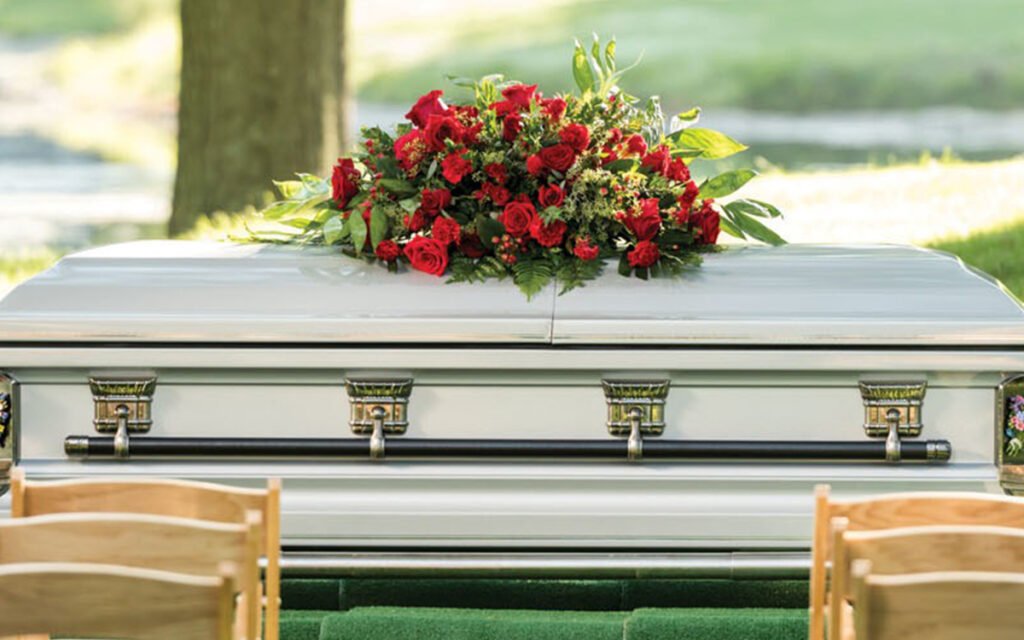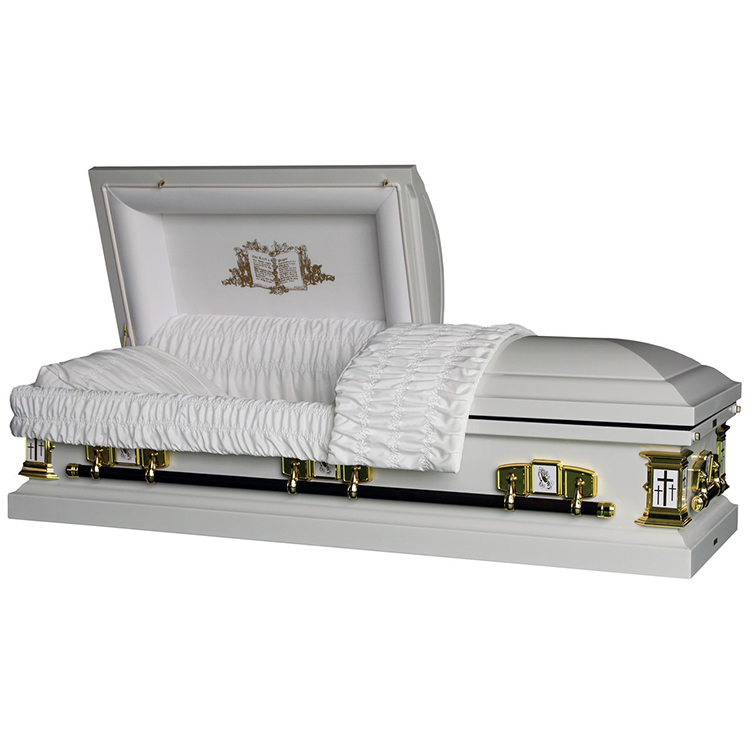As families navigate the profound task of honoring their loved ones, the question of whether a coffin or a casket is the more cost-effective option often arises. Understanding the nuances between these two funeral receptacles can provide valuable insight when making this weighty decision.
Generally speaking, coffins tend to be the more affordable choice when compared to caskets. Coffins, with their tapered, six-sided design, are typically less labor-intensive to produce, resulting in a lower overall cost. On the other hand, caskets, with their rectangular shape and more elaborate features, often carry a higher price tag.
However, the cost differential between coffins and caskets is not a one-size-fits-all proposition. Factors such as the choice of materials, level of customization, and the reputation of the manufacturer all play a significant role in determining the final price.

When it comes to material considerations, the choice between a wicker coffin and a wood coffin can have a noticeable impact on the overall cost. Wicker, being a naturally renewable and lightweight material, is generally more affordable than solid wood options. Wicker coffins can typically be obtained for $1,000 to $3,000, making them a more budget-friendly alternative for families seeking a natural, eco-friendly funeral option.
In contrast, solid wood coffins can range anywhere from $2,000 to $15,000 or more, depending on the type of wood and the level of craftsmanship involved. The most affordable solid wood options, such as pine or cedar, tend to be on the lower end of the price spectrum, while more premium woods like oak, maple, and walnut command higher prices.

When it comes to what to look for when buying a coffin, several key factors should be considered:
- Quality of Construction: Examine the attention to detail, the durability of the materials, and the overall craftsmanship to ensure a dignified and long-lasting tribute.
- Customization Options: Look for coffins that offer the opportunity to personalize features, such as engravings, handles, and interior linings, to create a truly meaningful farewell.
- Reputation of the Manufacturer: Research the brand’s history, customer reviews, and industry standing to ensure a reliable and reputable purchase.
- Compliance with Regulations: Ensure the coffin meets all necessary legal and industry standards for funeral and burial practices.

Understanding the difference between a coffin and a casket is also crucial in the decision-making process. While both serve the same fundamental purpose, the primary distinction lies in their shape and design. Coffins are typically tapered, with six sides, while caskets are rectangular in shape, with four sides.
Moreover, the weight of a solid oak coffin can be a consideration, as these sturdy and durable options can be significantly heavier than their counterparts. A typical solid oak coffin can weigh between 150 to 300 pounds, depending on the size and construction details.
Lastly, it’s important to note that the size of the coffin or casket does not necessarily equate to a higher price tag. While larger receptacles may require more materials and labor, factors such as the choice of wood, level of customization, and the reputation of the manufacturer play a more significant role in determining the overall cost.
By understanding the nuances of coffin and casket pricing, material considerations, and the key factors to look for when making a purchase, families can navigate the complex landscape of funeral arrangements with greater confidence, ensuring a meaningful and dignified farewell for their loved ones.




